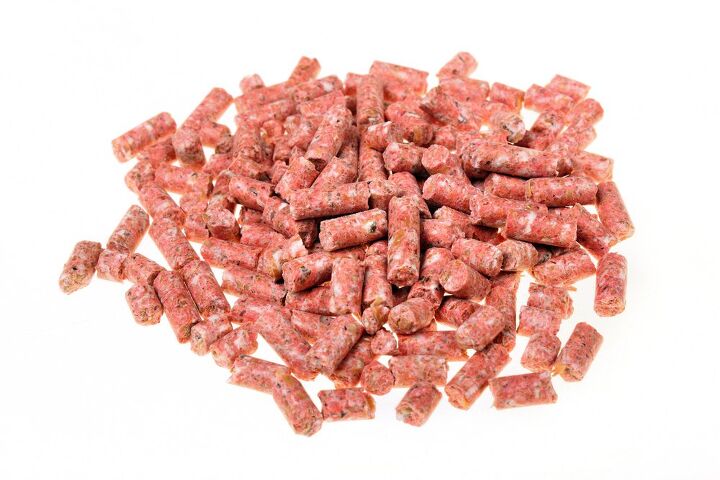The Dangers of Rat and Mouse Poison to Dogs


Did you know that poisoning from the ingestion of rat and mouse poisons commonly affects dogs, as well as cats and wildlife? So before you think about purchasing rat poison or mouse poison, it’s important to understand the negative and far-reaching impacts that these toxins can have.
These poisons come in various forms, and if your pet is ever poisoned, knowing what ingredient was ingested will be an important step in allowing a vet to give the appropriate treatment. In this article, we’ll cover three of the common types of rodent poisons that are toxic to pets. If you know, or even just assume, that your companion has consumed any of these, contact your veterinarian right away.
Related: Poisonous Plants For Dogs
- Anticoagulants prevent an animal’s blood from clotting, so internal bleeding results. If your dog ingests this poison, it might take anywhere from three to five days before any symptoms of internal bleeding (such as coughing blood, weakness, trouble breathing, pale gums, and lethargy) arise. It’s important to note that other signs, such as swollen joints, nosebleeds, bloody urine, inappetence, bruising, diarrhea, bleeding from the gums, and vomiting with blood may also occur. And this poisoning can result in death if not treated.
Take your pet to the vet immediately so that the right treatment—in this case, it will include the appropriate dose of vitamin K1—can be administered promptly. Don’t try to treat your pet on your own.
Note: There are different types of anticoagulants, and some are more potent than others, causing poisoning in smaller doses.
- Vitamin D3, also known as cholecalciferol, is another dangerous rodent poison that should be kept away from pets. When ingested, it causes extremely high levels of calcium and phosphorous, and that can lead to acute, severe kidney failure, which can develop two to three days later. Symptoms that would point to this type of poisoning include lethargy, halitosis, weight loss, tremors, decrease in appetite, weakness, and increased thirst and urination.
Permanent damage can occur, so prompt treatment is crucial. Extensive care, including hospitalization, is typically necessary. Your vet will need to keep a close eye on your dog, while administering appropriate aggressive treatments to try to bring the calcium and phosphorous levels down.
Note: Even a small dose of this poison can be fatal to both cats and dogs. Don’t delay in getting your pet veterinary care.
- Bromethalin is a particularly scary toxin because it causes the brain to swell. If a pet ingests this toxin, symptoms like tremors, anorexia, lethargy, vomiting, paralysis, incoordination, anxiety, coma, and seizures can occur. Also, the signs may develop within two hours or up to 36 hours later, but it might even take a week or more after ingestion, depending on how much poison was consumed.
Like all of the other poisons on this list, contacting your vet as soon as you discover your pet has ingested it (or is showing symptoms if you weren’t aware of the poisoning) is key. Hospitalization might be required to combat the long-lasting impact of this toxin, and your vet will use various treatments to help reduce brain swelling.
Note: This poisoning can also be fatal, so even if you only suspect that your pet has ingested bromethalin, contact your vet’s office to let them know.
Toxicity can occur when a pet ingests a rodent poison directly, as well as when a poisoned rodent is eaten, so it’s no surprise that the consequences of using these products go far beyond merely affecting the rodents alone. The more educated you are about rodent poisons’ effects on other animals, including family pets, the better prepared you’ll be to make a safer, and more humane, choice to control pests in and around your home. And, in the event that your pet is poisoned, always remember that prompt action is necessary, so contact a veterinarian right away.

Lisa Selvaggio is a freelance writer and editor, and our resident cats-pert, with certifications in pet nutrition and pet first aid. She enjoys producing content that helps people understand animals better so they can give their pets a safe and happy home.
More by Lisa Selvaggio























